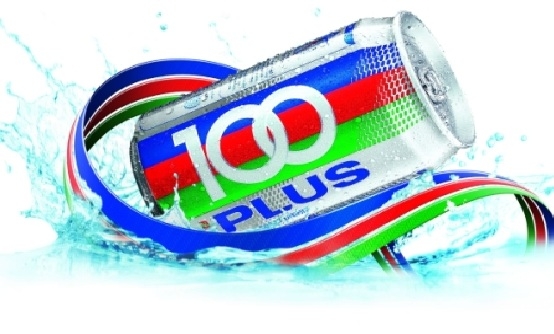
Thai tycoon Charoen wins the battle for F&N
His $9.55-a-share offer bested OUE's.
According to IG Markets, the battle for Fraser & Neave appears finally over as Thai tycoon Charoen emerges the victor with his $9.55-a-share offer.
Here's more from IG Markets:
This was a price rival bidder OUE was unwilling to better, so they dropped out of the auction yesterday. There is still the small matter of shareholder approval, and questions are bound to be asked over Charoen’s last-minute share buying spree that pushed his holding in F&N to more than 40%.
But on the bright side this drawn-out saga has finally run its course, although it would have been better to see a fair and honest fight for F&N which gave shareholders a more generous payout.
Interestingly, OUE blamed the government’s recent property-cooling measures on part of its decision not to improve its offer. But this is a bit of a red herring as most of F&N’s residential properties have already been pre-sold.
Another question mark hangs over Kirin and whether it will continue as a minority shareholder or just sell out. After all, it is a rival of Charoen’s TCC and was willing to get into bed with his rival OUE.
As $9.55 comes in the lower half of the price range of F&N’s independent valuation perhaps many will feel Charoen could have been more generous and hand back some of the cash from the sale of APB to Heineken to shareholders.
While the price is likely to move lower this morning back down to the $9.55 level, we have already seen reported on the SGX this morning are that over 34 million shares have traded at $9.55, and one can assume with reasonable confidence TCC are the buyer.
We should not feel too sorry for long-term shareholders who have yielded a good return in the last 12 months. So while the valuations suggest that TCC are paying the low end they are paying more than the open market value of the company before this takeover battle started.
Without the interest from Charoen would the stock have reached the level it is currently trading at? The realistic answer is probably not, so long-term shareholders do receive a relatively fair deal.























 Advertise
Advertise






